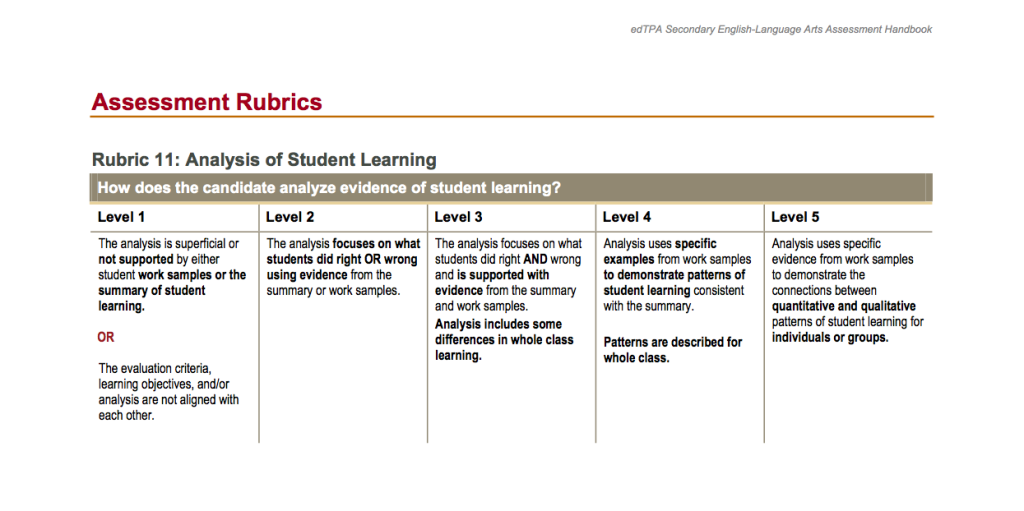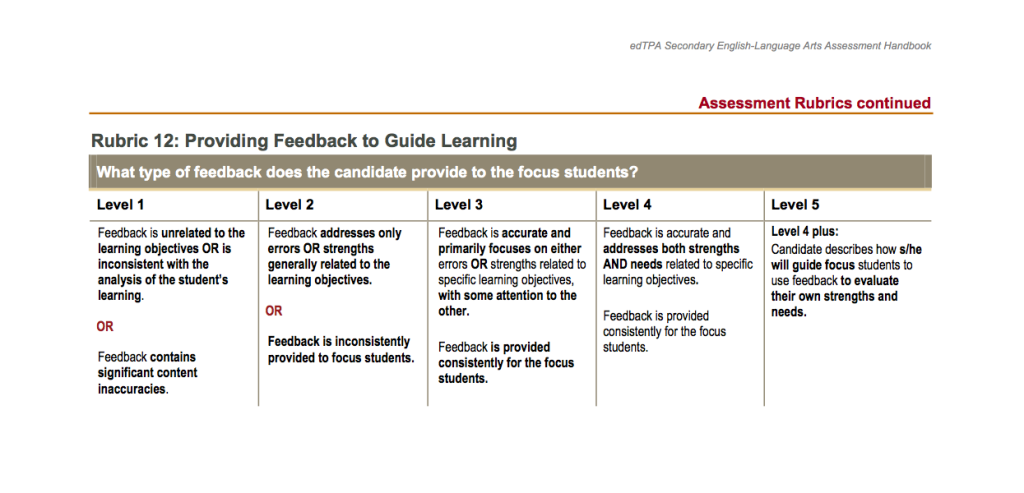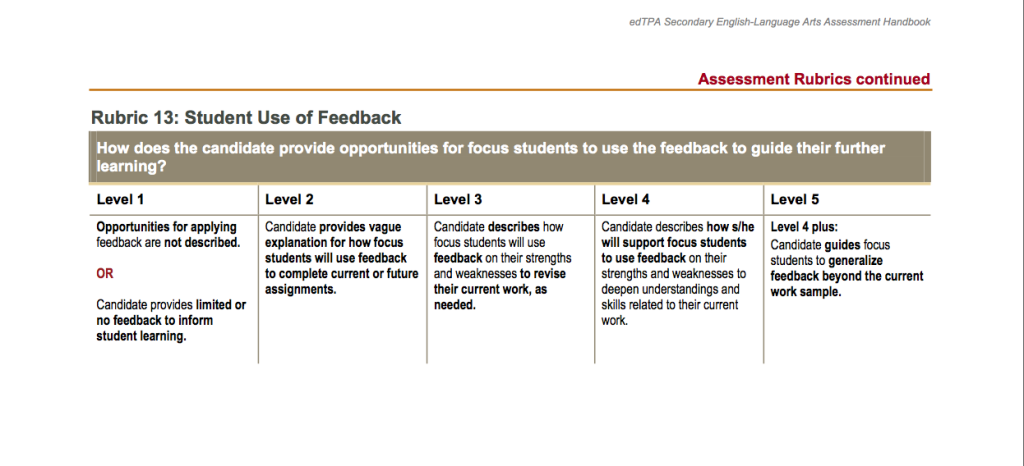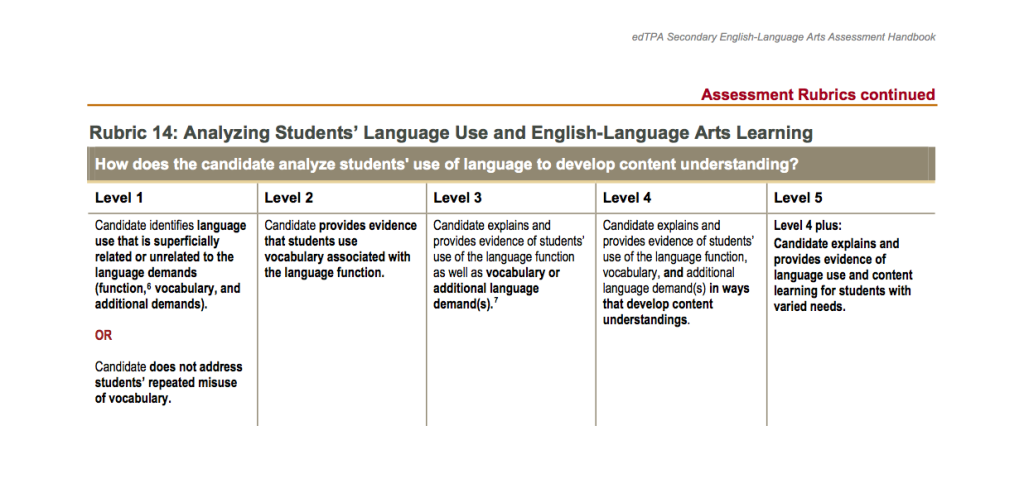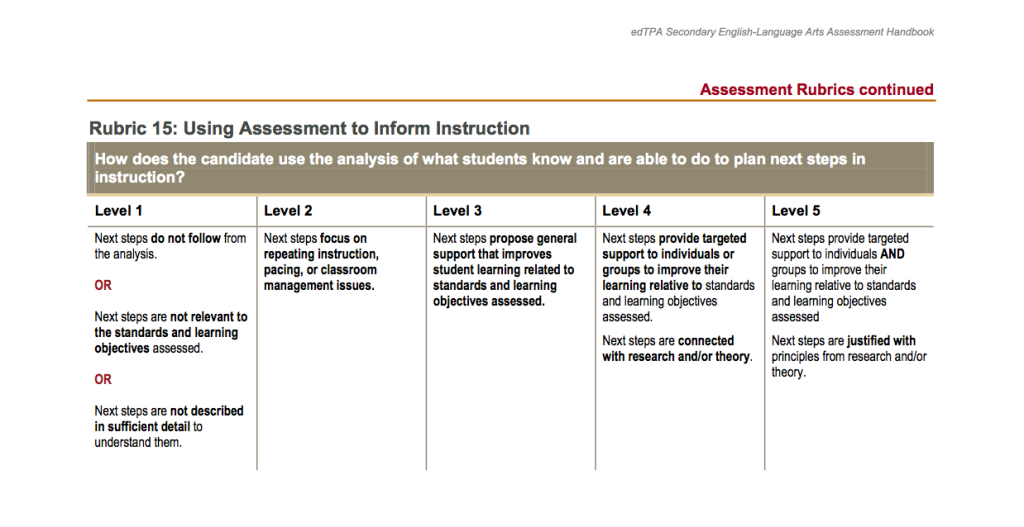I believe that the purpose of language is for people to communicate with one another. This communication takes place on many different levels (relaxed to formal), places (home, with friends, at the work place, in the classroom), and forms (conversation, written word [creative or otherwise], music, etc.). In these several categories, different discourses will be present, whether by choice or by habit. Just because these discourses may at times differ from what is considered grammatically correct and/or traditional, this does not mean these discourses themselves are incorrect.
In his essay, “Decline of Grammar,” Nunberg questions those who argue that English language is degenerating, saying, “while it is understandable that speakers of a language with a literary tradition would tend to be pessimistic about its course, there is no more hard evidence for a general linguistic degeneration than there is reason to believe that Aaron and Rose are inferior to Ruth and Gehrig.” Nunberg reveals that he questions that argument, but also interestingly includes an allusion to baseball players Hank Aaron, Pete Rose, Babe Ruth, and Lou Gehrig. In this formal, extremely academic article, of which most of the readers will be academics of some sort, Nunberg subtly reveals a different discourse that he may use personally – one regarding sports and popular culture. While not explicitly having to do with the grammar of the sentence, this slight change in voice and discourse may reveal that this extremely academic linguist may not always use the academic discourse that may be expected of him… which is okay!
As an English major (though not as well known as Nunberg), I take a great deal of flack from friends at school and at home, because I am expected to know every grammar rule, spelling of words, and definition of words. What my friends don’t understand is that knowing all of that information should really be considered a super power. While reading Nunberg’s article and seeing the meticulous arguments between slight differences in wording, I realized that perhaps I would be able to spot these errors or possible errors while reading or writing, but never would I be able to catch something like that in conversation. Chances are, even if I didn’t catch a grammatical error while conversing with someone, I would understand the point he or she is trying to make, which is most important. Until people begin using language and grammar so incorrectly, as is seen quite humorously in the link, 40 Ordinary Signs that Became Suspicious When People Misused Quotations, in Katie Allen’s post, newer, different discourses that traditional linguists frankly fear are ruining language, can certainly suffice and should be welcomed.
